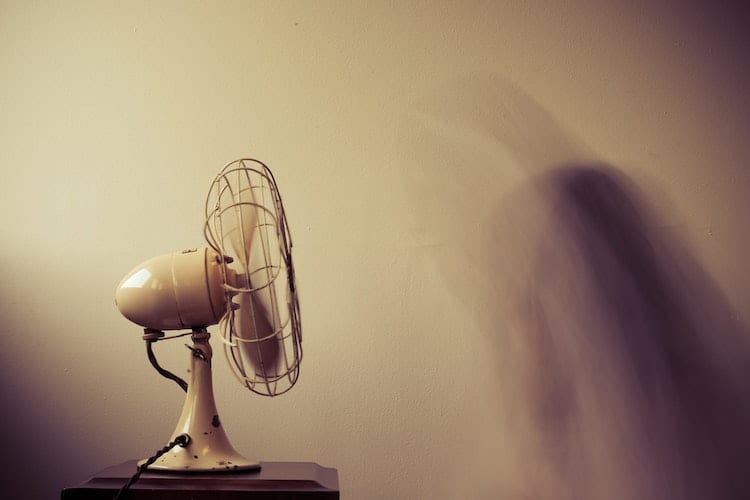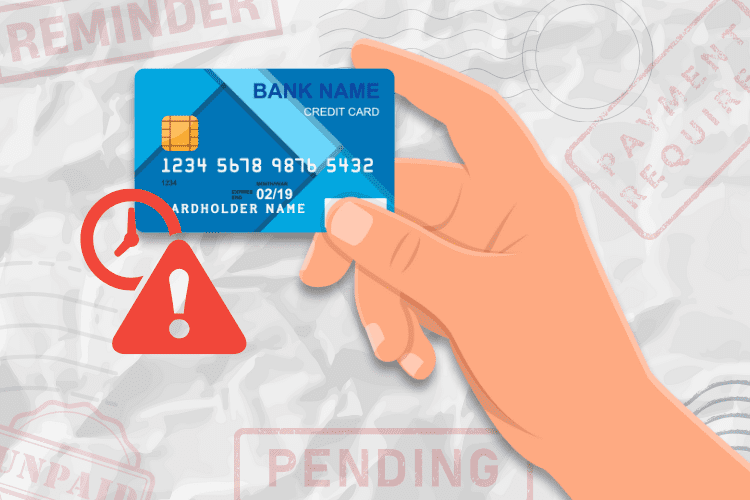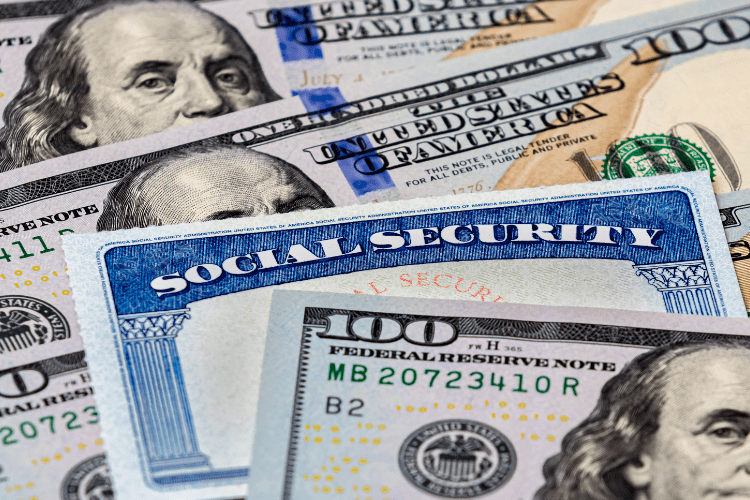5 Ways to Keep Your Electric Bill From Going Haywire This Summer

The average American household spends more than $110 every month on electricity. At that rate, your energy bill is probably one of your biggest annual expenses. In the summer, when you’re running fans and AC to stay cool, your electric bill could end up being a lot more than that monthly average.
The warmth of the summer is generally a good thing, except when it’s burning a hole in your pocket via your electric bill. Here are some easy and efficient ways to lower your energy bill this year to soak up the summer without feeling the heat.
1. Get an Energy Audit
An energy audit might sound intimidating, but it’s one of the best ways to get a complete picture of how and where you consume energy. Once you know that, you can more easily plan to conserve.
During an energy audit, an auditor comes to your home and evaluates where your home is wasting energy and how to fix it. There are plenty of energy auditing companies you can work with, and the Department of Energy has a comprehensive infographic showing you everything you need to conduct an audit yourself. According to the DoE, you can save up to 30 percent on your bill after an audit.
2. Use a Programmable Thermostat
For every one degree that you turn your thermostat down for an 8-hour period or longer, you use 1% less energy. That adds up quickly but can pick up steam in the wrong direction if you’re not careful with your thermostat. That’s why it’s smart (and savvy) to automate your heating with a programmable thermostat.
During the summer, energy experts recommend that you keep the temperature above 80° when you’re not home and drop into a cooler sub 75° only while at home. Many programmable thermostats allow you to pre-set timers and temperatures, meaning you’ll save energy when you’re gone but always come home to a well-cooled house.
3. Keep Out the Sun
This tip is pretty self-explanatory, but you may be surprised at the difference it can make. According to the U.S. Department of Energy, “window coverings can reduce energy loss through the windows, lower heating and cooling bills, and improve home comfort.”
Uncovered windows convert sunlight passing through into heat, meaning they can be a serious drain on an otherwise chilly home. Even something as simple as dark drapes can “reduce heat gains by 33%.” Over the course of a whole summer, covering windows and keeping light out can help cool your home and prevent you from overusing air conditioning.
4. Upgrade Your Lightbulbs
According to EnergyStar, more than half of lightbulbs in homes are still inefficient. An inefficient bulb basically means that you aren’t getting the best bang for your buck on your bill. A switch to LEDs can help you conserve a bit of energy and cash.
LED lightbulbs last longer and emit less heat than other bulb options. They cost a little more upfront, but overall, you’ll end up saving money if you switch fully to LED lights.
The average American home has about 45 lightbulbs, meaning if you switch to LEDs, you can save a lot over the bulb’s life. Spending a little more in the short term for bulbs that last up to 20 times as long is your best bet.
5. Don’t Just Turn Off – Unplug
Every electronic appliance you own obviously consumes power when it’s turned on, but most also have a “phantom load.” This means that even though the device – your TV, computer, game console, charger, etc. – is off, it’s still sapping some energy. No one device has a big enough phantom load to significantly change your electric bill, but appliances across your home can combine to add some real costs.
The simplest way to prevent getting hurt by phantom loads is to unplug things overnight as opposed to simply turning them off. We go over the worst offenders here to help you identify them around the house before taking action.
Another smart strategy is consolidating the worst energy suckers and plugging them all into one power strip that you can turn on when needed and leave off overnight.
Read More: People Love This Budgeting App That Figures Out Where You’re Wasting Money










